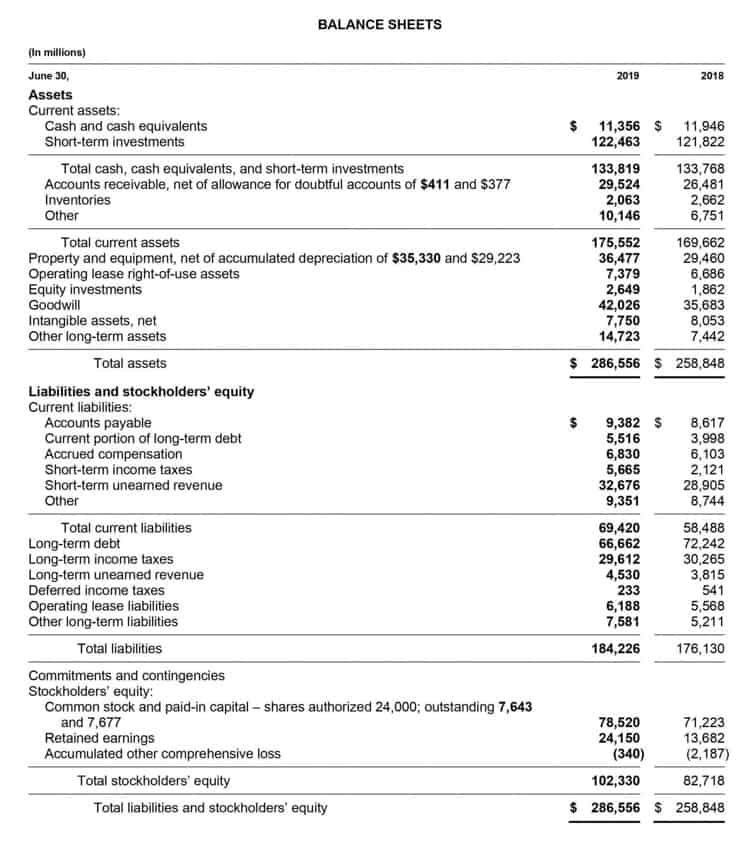
Regularly back up your financial data to prevent losing important information and facing major setbacks if there are technical issues. Prepare for tax season throughout the year to avoid rushed, inaccurate filings and missed deductions. Here are the basics an agent should know about all three major financial statements.
- These financial statements serve as indispensable tools for real estate professionals seeking to build a robust financial foundation and make strategic decisions that align with their business goals.
- When you’re ready to go live, make sure you have some time set aside to get your virtual staff set up on the right foot.
- Real estate professionals should maintain separate bank accounts and credit cards for business expenses to ensure clarity and simplify financial tracking.
- Accountants may be trained in audit defense, and they’ll know how to properly handle dealings with the IRS, and get gathered any financial materials that are requested of you.
with XOA TAX's bookkeepers.

With this model, you can see clearly how much money you have within your organization. Again, real estate accounting aims to make the numbers line up perfectly—or “reconcile”—between your bookkeeping and bank account statement. But as you gain units, you will likely want to begin using one “management” account for simplicity.
Establishing a Chart of Accounts

A strong accounting foundation is relevant whether you sell small properties as a hobby or facilitate property management services and generate millions of dollars. Although the scale of each one is different, the underlying habits CARES Act are similar. If you want to stay one step ahead of the game, consider investing time in learning about FreshBooks accounting software.
- First, establish good accounting hygiene when it comes to your rental property record-keeping, then use accounting software to help automate most of your finances.
- You may decide to adjust your fees or focus more on investment rentals in order to grow your profits.
- Knowing how to itemize your financial accounts properly can save you time and effort at tax time and alleviate stress.
- In the realm of real estate bookkeeping, having the right tools at your disposal can significantly enhance your efficiency.
- Keep real estate software designed to manage accounting updated as income is received or bills are paid, and make sure you’re using the correct debit or credit card for each property’s expenses.
- A devoted family man, he enjoys life in South Florida with his wife and three children.
- Let’s look at some bookkeeping basics and how outsourcing virtual assistant bookkeeping services can save you time and make you money.
Making informed financial decisions
Also known as property accountants, this position also plays an important role for preparing documents for tax season. Depending on how much you want to invest, most real estate agents turn to one of the following options for their accounts. Managing real estate is a local and regional game, meaning that rules and requirements vary based on where you live and work. One of the best pieces of advice for better real estate accounting is to familiarize yourself with local regulations specific to your jurisdiction when you get started. Schedule a monthly meeting to review your incoming Medical Billing Process cash and outgoing expenses. If the numbers are off track, this regularity allows you to pivot and track down errors in your accounts without huge time lags.
Individual Tax Forms
- These tools can save you time and reduce errors by automating tasks and providing real-time financial insights.
- Another great feature for real estate agents is its seamless integration with accounting software like QuickBooks and Xero for easy data transfer and sync.
- When it comes to making informed financial decisions, a robust understanding of your real estate financial statements is key.
- Leveraging local and online resources can be incredibly beneficial for those managing their bookkeeping tasks.
- With a more secure, easy-to-use platform and an average Pro experience of 12 years, there’s no beating Taxfyle.
This is an incredibly simple example, but the same concept applies no matter the size of your business operations. Once you’ve considered these factors, you’ll be able to make an informed decision about real estate bookkeeping whether DIY or outsourced accounting is right for your business. However, if you’re willing to put in the time to learn the basics of accounting, you may be able to save money by doing it yourself. If you’re not comfortable with bookkeeping or don’t have the time to keep up with it, outsourcing may be the best option.
